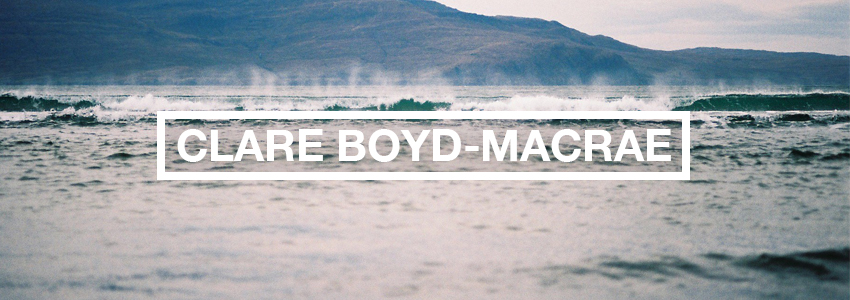Relearning wonder - how writers can make the world a better place
 Thursday, November 25, 2010 at 07:43PM
Thursday, November 25, 2010 at 07:43PM Not sure if the blog is giving me luck, but once again I had a piece in The Age over the weekend. Twice in a month after barely any publication all year!
As far as the blog itself goes, I am trying, after a few people asked, to work out how to make it possible for readers to subscribe i.e. click a button which means they get an email telling them every time I put a new post up. So far, I have not managed to work out how to do this, but I'll keep trying, so look out for a subscribe button some time in the near future.
Till then, send me a comment so that I know some one is actually reading this thing.
Here's the faith column from last Sunday, 21 November:
What do writers add to society? What are they here to do? The most obvious, and, arguably the most important, is that they entertain. But there’s more to it than that.
Throughout history writers – novelists, playwrights, poets - have drawn our attention to the evils they see existing or creeping into the society around them. From Charles Dickens to Alexander Solzhenitsyn, from Elie Wiesel to Roberta Sykes, wordsmiths have been ahead of the pack or else lone voices trying to convince their peers of the dangers of everything from fascism to consumerism.
Writers are not the only ones. Artists of every description – painters, comedians, film makers, musicians – have fulfilled this role, often with humour.
Artists also teach us empathy by allowing us to enter worlds that are not our own – other times, cultures, social classes.
But I believe there is another role that creative artists of all kinds fulfil which is just as important to the planet and to the human race. It is to reawaken the sense of wonder most people have naturally as children, by noticing and drawing attention to the sacredness of the everyday.
We tend to have a heightened awareness of everything around us if we are in a foreign country. It takes an artist to help us see the wonder of things at home. To notice things – this bright parrot in a Brunswick park, that rock pool, the joyous rattle of that clanking tram, this chunky necklace on that particular shade of skin. Our world is full of wonder, but preoccupied as we are, we so often fail to notice.
Recapturing a sense of wonder is akin to the concept of ‘mindfulness’ that Buddhists talk about. Being aware of each morsel that passes our lips, the texture of soil as we pull out weeds, every shade of colour in an evening sky.
In a passage that is often used to persuade us not to worry, but could just as easily be a hymn to wonder, Jesus is quoted as saying, ‘Consider the lilies of the field, how they grow; they neither toil nor spin, yet I tell you, even Solomon in all his glory was not clothed like one of these’. And ‘Whoever does not receive the Kingdom of God like a child shall not enter it’.
The thing about mindfulness and wonder is not just that they make people feel good. They are also incompatible with apathy and hate.
So part of the job of writers, artists of any stripe, is to remind people of the wonder all around them. To reveal the ordinary in a new light, so that we start to see differently, and to experience the world like children again. When people are filled with wonder and delight they are incapable, in that moment, of being violent or mean spirited. That’s what artists are here to do.
 Clare |
Clare |  2 Comments |
2 Comments | 